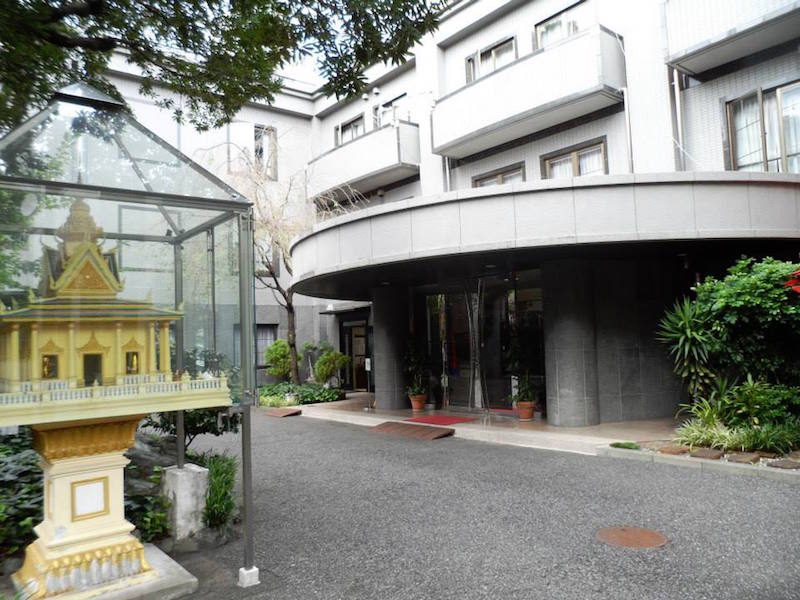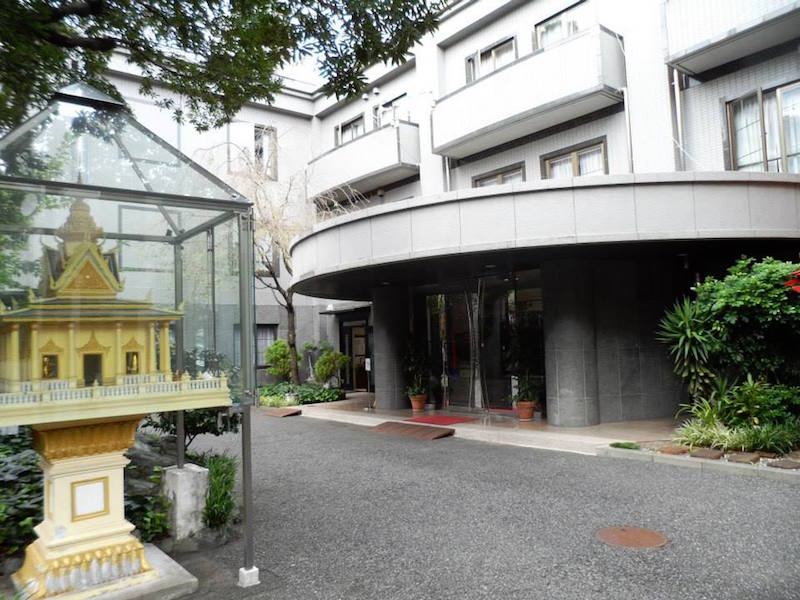Seven Cambodian women who were allegedly lured to work at a restaurant in Japan and forced into sex work were rescued after sending a Facebook message to the Cambodian Embassy there, officials said on Tuesday.
Six of the victims are staying at the embassy in Tokyo awaiting repatriation on Thursday, while a seventh was sent home late last month to receive unspecified medical treatment, according to a statement released on Tuesday by the Foreign Affairs Ministry.

The women were lured to the restaurant with promises of high wages by a Japanese restaurant owner who helped arrange visas and airfares for the women, according to the statement. When they arrived in April, however, the women said they were denied payment and forced into sex work.
Authorities were alerted to their plight late last month when one of the women contacted the Cambodian Embassy in Japan through its Facebook page in early to mid-December, said Foreign Affairs Ministry spokesman Chum Sounry.
Embassy staff then contacted Japanese authorities in Gunma prefecture, who brought “all of the seven women from the restaurant to the embassy,” he said.
The embassy has since filed a complaint with the Japanese authorities to open a criminal investigation into the case and secure unpaid wages and compensation for the women, he added.
“We cannot just send them back [to Cambodia] right away,” Mr. Sounry said. “We have to finish judicial procedures—filing complaints to the court and demand for compensation.”
The ministry’s statement said the embassy “is cooperating with Gunma prefectural authorities to question the victims in order to prepare court documents and seeking suspects and involved parties to punish them before the law.”
“The embassy is providing [the victims] with food, care and other necessary materials,” the statement said, adding that the International Organization of Migration (IOM) agreed to pay for the victims’ airfare and help them resettle in Cambodia.
IOM regional spokesman Joe Lowry confirmed the organization’s involvement in the case, but declined to elaborate, citing the group’s confidentiality policy.
So Vandy, deputy director of the Interior Ministry’s anti-human trafficking department, asked reporters not to publish information about the case to avoid jeopardizing his ongoing investigation—in spite of the government sending a statement to dozens of local media outlets.
“We’re still hunting for the ringleaders,” he said.
A spokeswoman for the Japanese Embassy in Phnom Penh said that it was not aware of the case.
A report last year from the U.S. State Department called Japan “a destination, source, and transit country for men and women subjected to forced labor and sex trafficking,” and claimed that the Japanese government “does not fully meet the minimum standards for the elimination of trafficking” despite “making significant efforts to do so.”
However, Moeun Tola, head of the labor rights group Central, said he had never heard of Cambodians being trafficked to Japan for sex work.
“In the past, there have been Khmer women that were cheated into sex work in Malaysia, China, but to Japan? That’s new,” he said.




